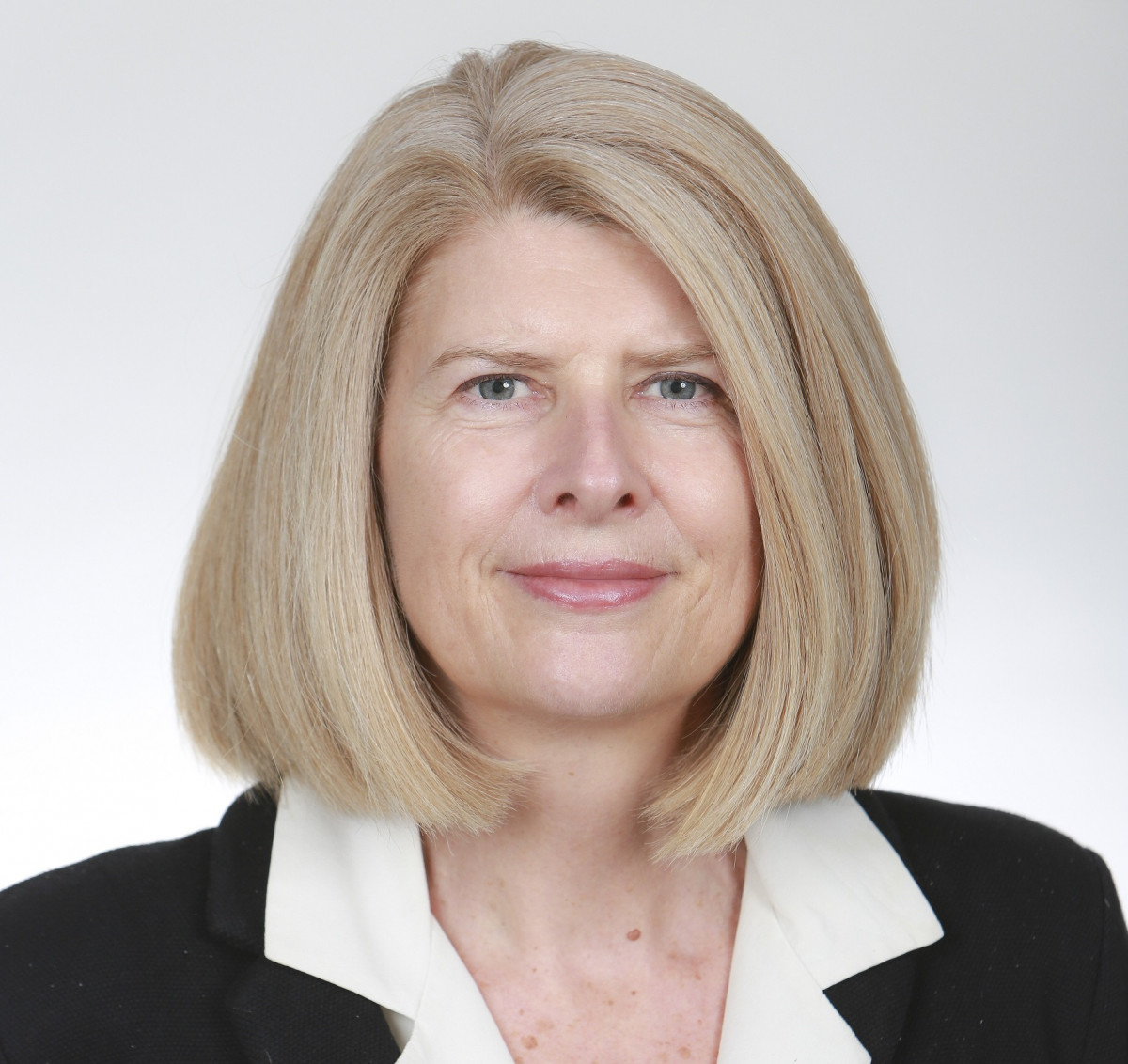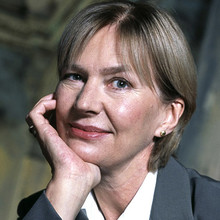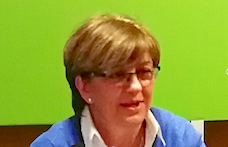Now complete: Jury for the second CLEW cross-border energy transition story grants
Financial Times columnist Clark, Chinadialogue-founder and former BBC presenter Hilton, and the head of Spain's environmental journalism network Apia Navío will jointly select the top cross-border pitches of internationally relevant energy transition stories with a business angle. From all submissions that fulfil the formal application criteria, the judges will consider the proposed stories' feasibility and originality. They will also look at the roles of each team member in the collaborative story, as well as how realistic the proposed budget is.
Isabel Hilton told us why she thinks cross-border stories on energy transition and business are important: "Businesses that are ahead of the energy transition will thrive, others will not survive. Good reporting on this global trend is essential and cross border collaboration is a fantastic technique for gaining insight. I am looking for imaginative ideas, good collaboration and excellent results".
Pilita Clark said: "The energy transition is one of the great global business stories of our time: fast-moving, complex and risky. These grants offer reporters a great opportunity to cover it and I very much look forward to seeing the projects this process inspires."
This is CLEW's second call for cross-border energy transition stories. During the first award, the 2017 jury picked entries from teams that covered cross-border stories in the Himalayas, the Arctic and Eastern Europe. Participants of the CLEW #GETJO17 journalism conference then awarded the top-prize to the Indian-Nepalese team of reporters. The second prize went to the Norwegian-Russian collaboration, while two journalists from Romania and Poland came third. The story of the Barents Observer on windpower in the Arctitc later went on to also win an award at the Arctic Media World conference.
Congratulations @AtleStaalesen & @NilsenThomas 4 winning the #ArcticMediaWorld journalism award "best work on economic cooperation" with the story on Arctic windfarm projects! The story pitch also won 1 of 3 CLEW x-border grants last year: https://t.co/JiwjwyajzA https://t.co/99N7jBG8UC
— CLEW Journalism Network (@ClewNetwork) December 13, 2018
The Jury
Pilita Clark is an associate editor and columnist at the Financial Times where she writes a weekly column on modern corporate life, as well as features and other articles. She has worked for the FT since 2003 and spent six years as the paper’s environment correspondent covering climate change, renewable energy, water scarcity and other issues. In both 2018 and 2017, she was named environment journalist of the year at the British Press Awards and in 2015 she was named specialist journalist of the year. She was previously a Washington correspondent for Australian newspapers and a Nieman Fellow at Harvard University.
London-based international journalist and broadcaster Isabel Hilton is founder and editor-in-chief of the independent, non-profit news website chinadialogue.net. The bilingual online publication on the environment and climate change aims to promote a wider understanding of China’s urgent challenges in this respect. Initiated and run by the China Dialogue Trust, Hilton furthermore oversees the online publications and media services www.thethirdpole.net, www.indiaclimatedialgoue.net, www.dialogochino.net, as well as www.chinadialogueocean.net. Hilton has authored several books, as well as worked for a number of renowned news outlets, including the Sunday Times, the Independent, the Guardian, the New Yorker and the BBC. She is also currently a Visiting Professor at the Lau Institute, Kings College London.
Clara Navío is an environmental journalist. Since 2011 she also chairs the Association of Environmental Information Journalists. In addition, she works for the newspaper La Razón and the blog of @signusecovalor. Throughout her career, she has alternated work in the media such as SER, La Vanguardia and El Sol among others, with communication for entities including SEO/BirdLife or the Nuclear Safety Council. Navío furthermore developed environmental disclosure projects with the Jane Goodall Institute and was co-author of the publications 'The earth, user manual', 'The challenges of sustainable development' and 'Key issues of sustainable development in Spain'.
The finalists selected by the jury will pitch their stories to the audience at the Global Energy Transition Journalism conference on 07 April 2019. It will then be up to audience members at the conference to decide which story pitch is their winner and will be awarded the top grant of EUR 4,000.




